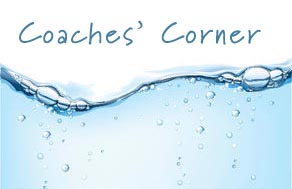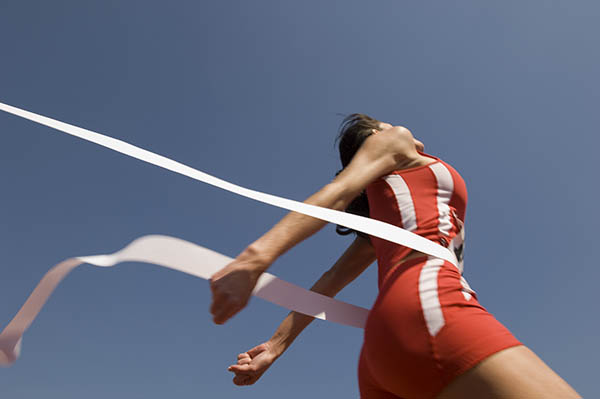By Sharon A. Chirban, PhD In HBR this week, an article was published on the…

Coaches’ Corner: Practice What You Preach
Athletes are in the spotlight. If something isn’t working on the field, the ice, the court, or in the boat, it has to do with the athlete, right? It is easy to look at what is in front of you and believe that is where the course correction is needed. Often, the “invisible players” have a much larger role than is considered. These can include: the team dynamic, the environment of the organization, politics within the athletic department, and coaches. These are often last to be looked at, if at all. Truth be told, they can have a much greater impact on performance results than one individual athlete alone.
We as humans learn a great deal of our skills, behaviors, and beliefs due to modeling. For example, perhaps a coach preaches to their team the importance of managing their emotions in order to complete the play. If that same coach then demonstrates a quick temper at practice or during a match, the modeling suggests reactivity rather than composure and therefore the messaging is weakened rather than reinforced.
Much of the research skews towards the perspective of focusing on the athlete and how they can improve. Very few studies examine or focus on work done with these “invisible players” and the benefits of working from all sides rather than just one piece of the larger performance puzzle. A recent study in the Journal of Clinical Sport Psychology examined the stress levels of coaches and the implementation of Mindfulness Training for Coaches (MTC) to reduce anxiety, burnout, and emotional stability. Coaches in the MTC group reported a statistically significant decrease in anxiety and an increase in emotional stability. Overall, six areas were impacted positively for coaches through this program: anxiety and stress; emotions; mindfulness; coaching; athletes; and personal life. In summary, the improvement experienced by the coaches personally enhanced not just their own well-being, but influenced and enhanced coach-athlete interactions (Longshore & Sachs, 2015).
To summarize, we ask our athletes to train their bodies for the physical demands and their mental game in order to execute under pressure. We recognize the whole picture coming into focus for an elite athlete, so why not on the systems that surround them too? Whether it is an individual or team sport, no one goes in it alone. Sharpening all edges present increases the likelihood for a more successful and enjoyable experience.
Let us know if this is something you would like to explore for your staff or team. Workshops are available to develop to your specific needs and desires. Mindfulness programs for emotional and physiological regulation can be individually tailored.
Reference:
Longshore, K. & Sachs, M. (2015). Mindfulness training for coaches: A mixed-method exploratory study. Journal of Clinical Sport Psychology, 9(2), 116-137. http://dx.doi.org/10.1123/jcsp.2014-0038.


